The Growth Mindset
Mindset: The New Psychology of Success (Amazon affliate link) by Carol Dweck is a book I read a few years ago. A friend told me I might like the book, and explained to me it defined a fixed mindset versus a growth mindset. While I initially thought this book would be helpful on a personal growth front, I quickly realized it would make an even bigger difference in my work life. Most notably, this book changed how I speak to my clients about their own growth and encourage their development potential.
A Fixed Mindset
A fixed mindset is when we believe our skills and abilities don’t change. For example, we are either good at drawing or we aren’t. Consequently, learning that we aren’t good at drawing can make us believe we aren’t good at drawing. Then, we adopt an identity of being a person who isn’t good at drawing (or art in general). This may cause a person to give up before they have truly attempted (and practiced) a new task.
A Growth Mindset
What is a growth mindset? A growth mindset is the belief that our skills and abilities change over time with practice as we try new tasks. So we may not be good a drawing when we start, but our skills can improve with practice. Our identity is focused on being a person who learns and practices new skills. The growth mindset philosophy suggests that by continuing to practice a task, we get good at it. However, we need to really believe our skills will improve with practice. With that outlook, we can put hard work into learning a new skill. From there, we improve and then excel.
The Fixed Mindset in Education
As I read this book, I began to think about my students, clients, and the education system at large. I’m not the only one – there is a Growth Mindset book for teachers, which you can find here.
How have I seen a fixed mindset in the children I work with? I have seen children:
Avoid challenges (even shutting down when children perceive a task as difficult).
Give up soon after beginning a task (they start a task, and then shut down and don’t return to the task).
Ignore feedback or perceive most feedback as negative
Become competitive and may shut down when others excel
Make statements like “I’m just not good at that.”
The Growth Mindset in Education
How have I seen a growth mindset in the children I work with?
A positive outlook on challenges or trying new tasks
A positive outlook on feedback and trying again
Seeing others succeed and feeling inspired by that success
Believing their intelligence and skills can change with hard work
Changing Your Mindset
Is it possible to change your mindset? Yes! We can encourage children in their own growth potential. First of all, we can use language that encourages the growth mindset. In addition, we can describe to children how attempting hard tasks is helping their brain grow. Finally, we can give encouraging feedback to foster persistence.
My next post will outline specifics on how to encourage the growth mindset. Remember, we can help children shift from learned helplessness to empowerment and growth. The words we use matter. These words are powerful, and shape what children think about themselves. With this in mind, speaking the language of the growth mindset can be a great place to start.
I hope this post has been helpful as you learn more about the growth mindset. If you’ve already read the book, I’d love to hear about how it changed you as a parent or educator. If you haven’t read it yet, you can find it here or research the ideas online. In addition, there are specific growth mindset books written for educators and parents. It’s a gold mine of new ideas, and I’m enjoying the process as I work to incorporate this more in my own work.







